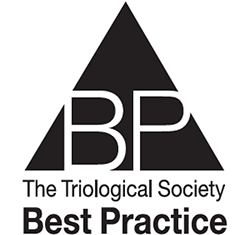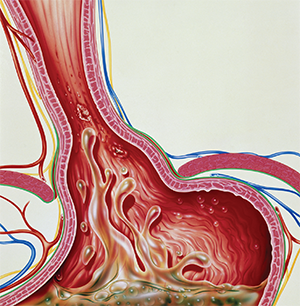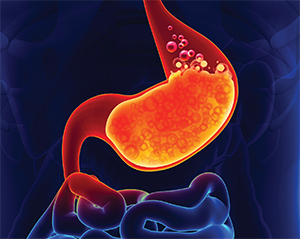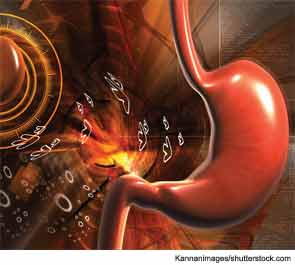Objective testing for patients with suspected LPR is indicated if the patient presents with typical alarm symptoms, after empiric treatment fails to improve symptoms, or to ensure the need for long-term therapy or surgical interventions.


Objective testing for patients with suspected LPR is indicated if the patient presents with typical alarm symptoms, after empiric treatment fails to improve symptoms, or to ensure the need for long-term therapy or surgical interventions.
Global Group Reaches Consensus on Laryngopharyngeal Reflux Definition, Diagnostic Criteria

Staging severity of laryngopharyngeal reflux with more objective testing is crucial to understanding its natural history, forecasting response to treatment, and it may serve as a gateway to considering surgical treatments.
Multi-Time Point Salivary Pepsin Test is a good diagnostic method for laryngopharyngeal reflux and is expected to replace HEMII-pH as the first-line diagnostic method.

A panel of experts at the Triological Society Combined Sections Meeting discuss obstacles with medical and surgical treatment options

Experts explained discussed an array of treatment options at the AAO-HNS Annual Meeting
What are the differences in diagnosis and treatment of laryngopharyngeal reflux between laryngologists and non-laryngologists?
Is laryngopharyngeal reflux (LPR) overdiagnosed in complaints of hoarseness, and how effective are videoendoscopic laryngeal findings in determining etiology?


Chronic cough affects countless patients worldwide, but hasn’t been a traditional focus of the ENT physician community